Porous Ceramic Size
Porous Ceramic Market Growth Projections and Opportunities
The porous ceramic market is subject to various factors that influence its trends and growth patterns. One of the primary drivers of this market is the increasing demand for porous ceramics in a wide range of applications across industries. Porous ceramics offer unique properties such as high porosity, thermal stability, chemical resistance, and filtration capabilities, making them suitable for applications in fields such as aerospace, automotive, healthcare, electronics, and environmental protection. As industries seek advanced materials that can withstand harsh environments, provide precise filtration, and support innovative technologies, the demand for porous ceramics continues to rise, driving market growth.
Technological advancements in porous ceramic manufacturing processes also play a crucial role in market expansion. Manufacturers are continually innovating to develop advanced production techniques, such as foam replica method, sol-gel process, and sacrificial template method, to produce porous ceramics with tailored pore structures, sizes, and distributions. Additionally, advancements in raw material formulations and sintering technologies enable the production of porous ceramics with improved mechanical strength, durability, and performance characteristics. These technological innovations drive market growth by offering a wide range of porous ceramic materials optimized for specific applications and industries.
Moreover, regulatory standards and environmental concerns influence the porous ceramic market dynamics. Regulatory bodies impose stringent regulations regarding the use of materials in various industries, particularly in healthcare, food, and environmental protection sectors. Compliance with regulations such as FDA approval for medical devices and NSF certification for water filtration systems is essential for porous ceramic manufacturers to ensure product safety and regulatory compliance. Additionally, growing environmental awareness and concerns about pollution drive the adoption of porous ceramic materials for wastewater treatment, air purification, and environmental remediation applications, further influencing market dynamics.
The competitive landscape of the porous ceramic market also impacts its growth trajectory. With numerous players competing for market share, competition is intense in terms of product quality, innovation, and pricing. Manufacturers invest in research and development to introduce new porous ceramic formulations, improve production efficiency, and develop customized solutions tailored to meet specific customer requirements. Strategic collaborations, partnerships, and acquisitions are common strategies employed by companies to expand their market presence and gain a competitive edge.
Furthermore, economic factors such as GDP growth, industrial output, and infrastructure development impact the porous ceramic market. Economic growth stimulates investment in infrastructure projects, industrial manufacturing, and technological advancements, driving the demand for porous ceramics in applications such as filtration, catalysis, insulation, and sensing. Moreover, increasing urbanization, population growth, and changing consumer lifestyles lead to higher demand for clean water, air purification, and healthcare services, further fueling market growth.
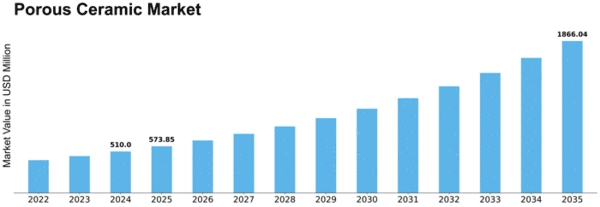


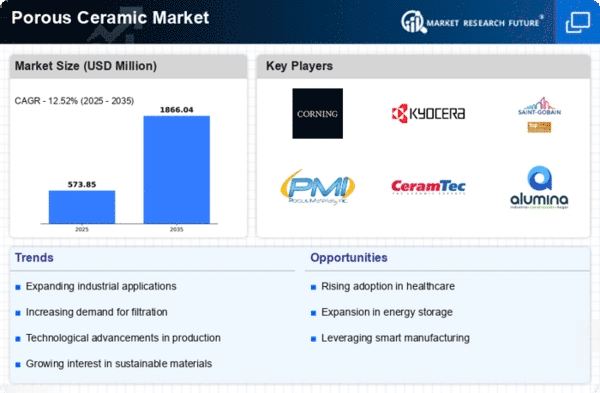
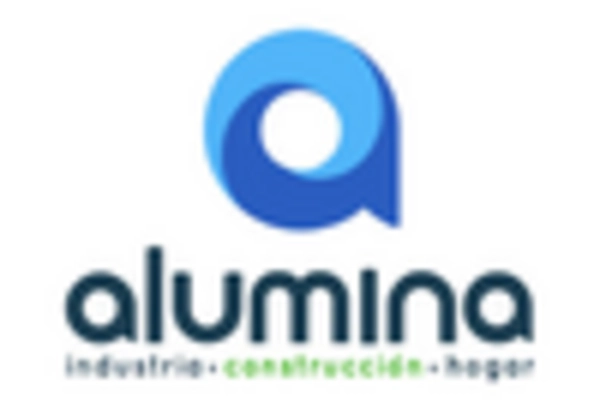
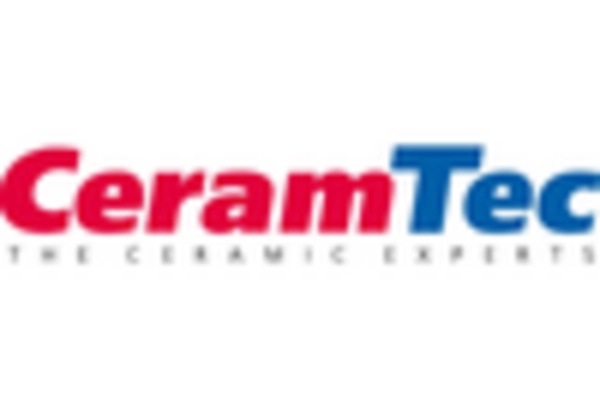
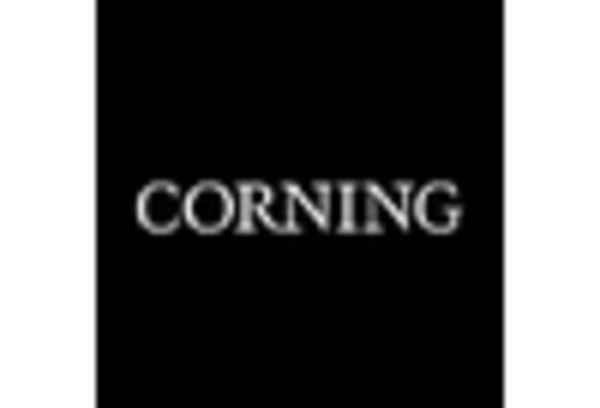
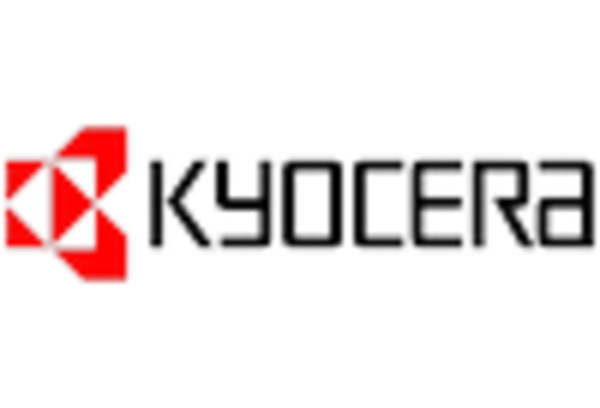
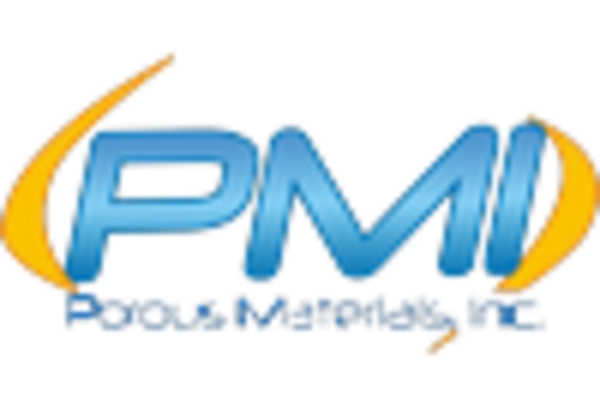










Leave a Comment